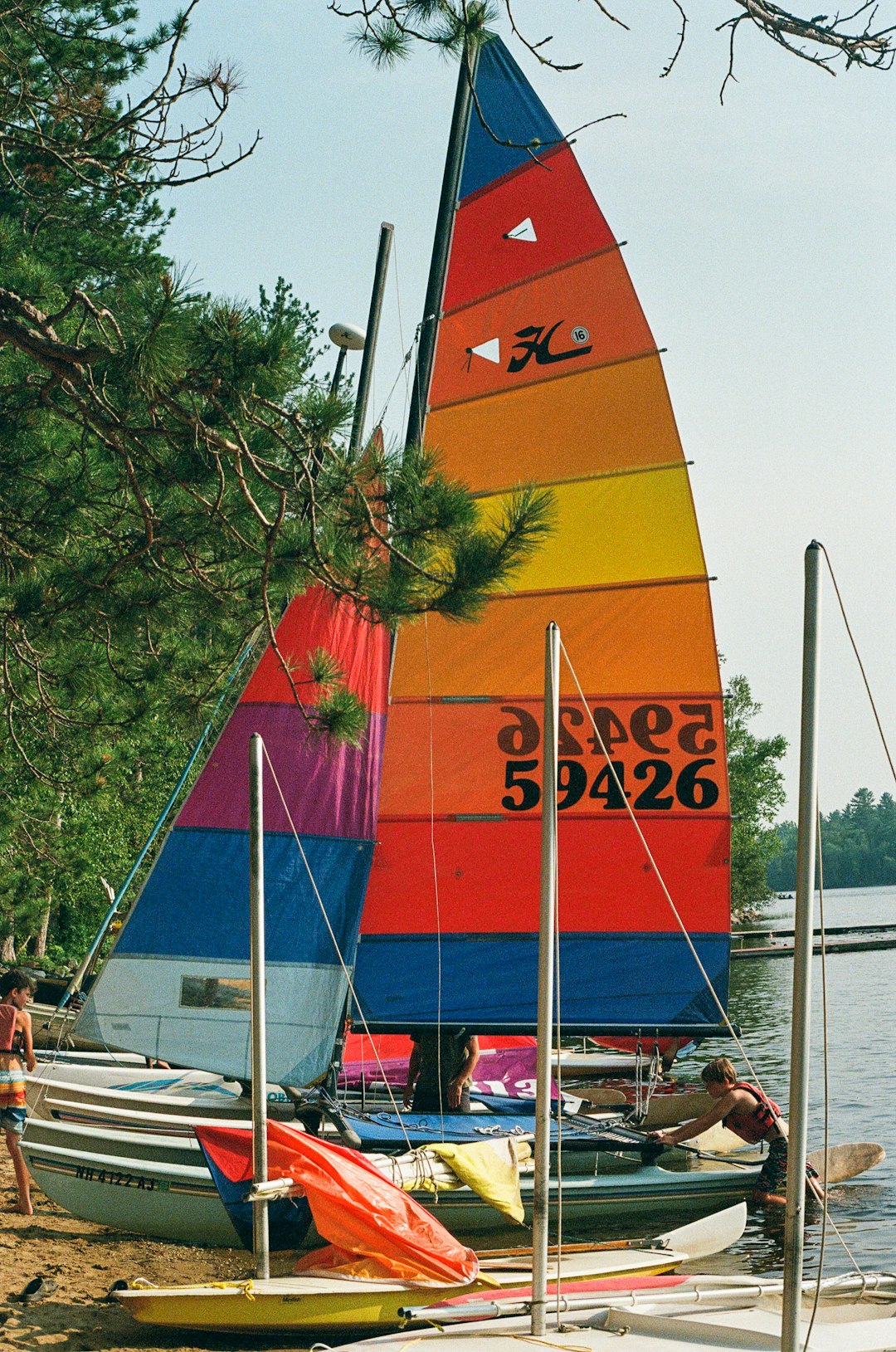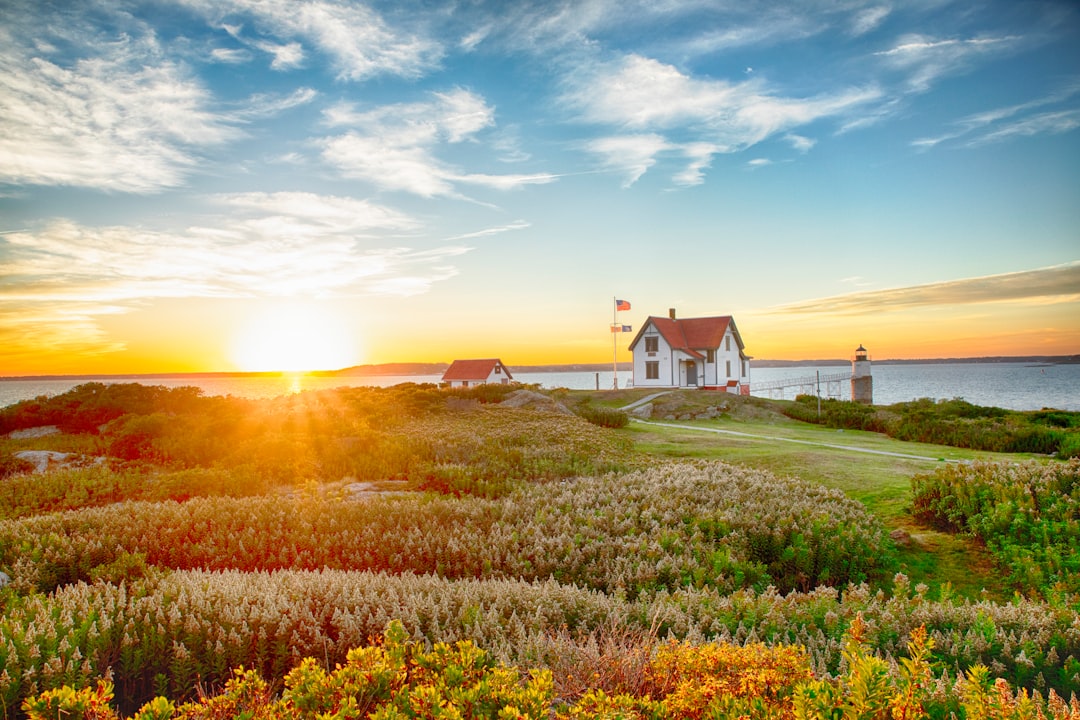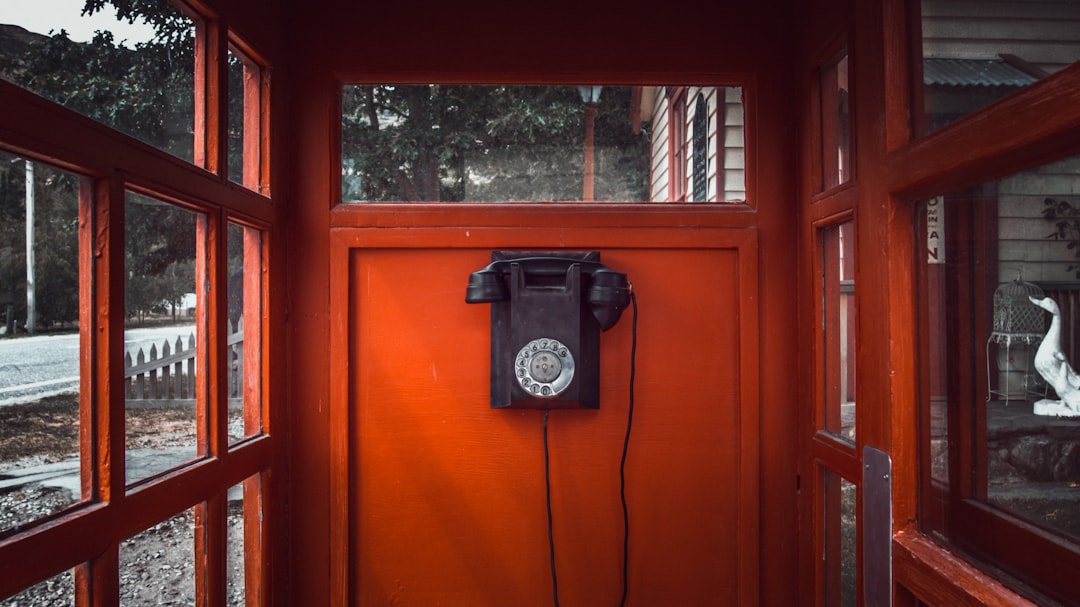Maine's LD 2234 (Do Not Call Law) empowers residents to block unwanted telemarketing calls by registering on the Do Not Call list. Businesses, especially brewers and law firms, must comply with this legislation or face fines. Consulting with specialized Do Not Call Lawyer Maine or Do Not Call Attorney Maine is crucial for navigation and avoiding spam call-related legal issues. The law requires explicit consent, clear opt-out mechanisms, and prohibits automated dialing without disclosures. Firms should invest in technology for compliance tracking and client relationship management while adhering to lawyer for Do Not Call Laws Maine guidance.
“In Maine, Brewer businesses, particularly law firms, must navigate the intricacies of LD 2234, a robust Do Not Call Law designed to safeguard residents from unwanted solicitation. This comprehensive guide delves into the legal obligations imposed on attorney practices under this regulation, offering insights into its implications for maintaining client privacy and relationships. We explore strategies for compliance, focusing on how law firms can avoid potential pitfalls and ensure adherence to Maine’s stringent Do Not Call Laws, while also preserving effective lawyer-client communication.”
Understanding LD 2234: Maine's Do Not Call Law
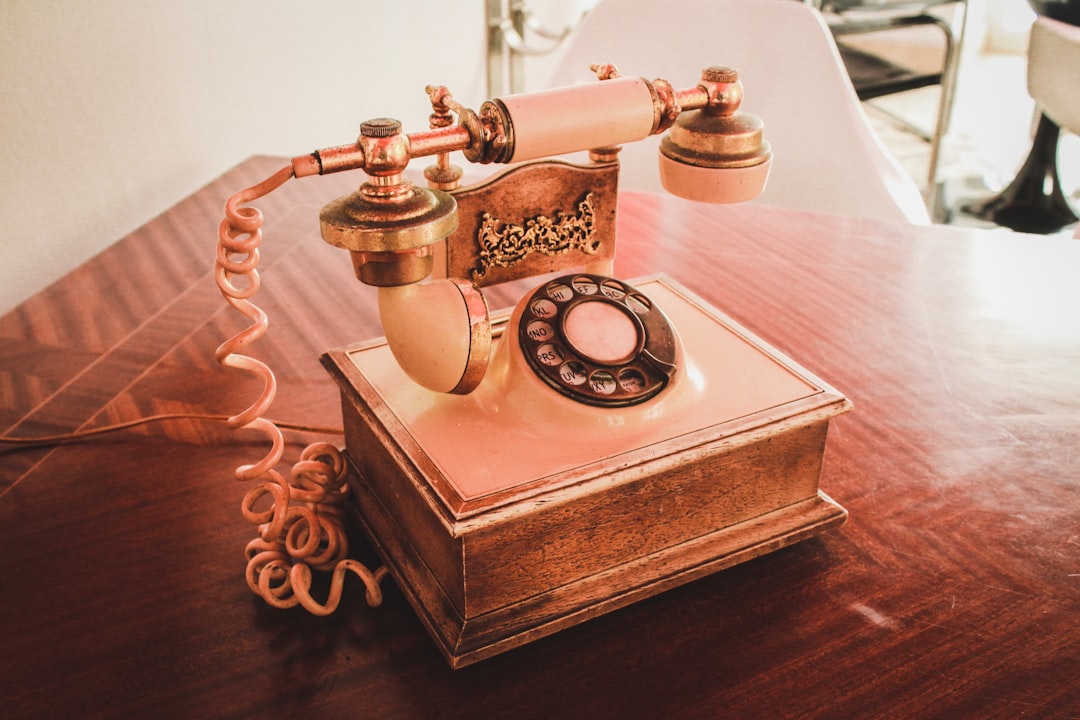
LD 2234, also known as Maine’s Do Not Call Law, is a consumer protection legislation designed to curb unwanted telemarketing calls. This law grants residents the right to opt-out of receiving marketing calls, providing a much-needed respite from persistent spam calls. The Do Not Call list, maintained by the Maine Attorney General’s Office, allows individuals to register their phone numbers and significantly reduce the volume of unsolicited sales or promotional messages they receive.
Business owners, especially those in the brewing industry, must be aware that this law imposes legal obligations on companies making outbound calls for marketing purposes. Compliance is crucial, as violations can result in fines and other penalties. A Do Not Call Lawyer Maine or a specialized Do Not Call Attorney Maine can guide businesses through the intricacies of LD 2234, ensuring they maintain proper records, obtain consent, and respect consumer choices, thereby avoiding legal pitfalls associated with spam call laws in Maine.
Legal Obligations for Brewer Businesses Under LD 2234

Brewer businesses operating in Maine are subject to various legal obligations under LD 2234, a comprehensive piece of legislation designed to protect consumers from unwanted telephone solicitations. This law, also known as the Do Not Call Law, imposes strict rules on businesses engaging in telemarketing activities, including brewers who may reach out to potential customers via phone. Non-compliance can result in significant penalties, so understanding these obligations is crucial for any brewer looking to avoid legal pitfalls.
Under LD 2234, breweries must obtain explicit consent from consumers before making any telemarketing calls. This means that simply having a customer’s number on file or assuming prior business interactions imply consent is not sufficient. Businesses must also provide a clear and easy-to-follow opt-out mechanism during each call, allowing recipients to register their numbers for future exclusion. Additionally, brewers are prohibited from using automated dialing systems or prerecorded messages without certain disclosures and opt-out options, further emphasizing the need for compliance with Do Not Call Laws in Maine, often enforced by lawyer services specializing in such matters.
Compliance Strategies for Law Firms in Maine

In Maine, law firms operating under LD 2234 must implement robust compliance strategies to avoid violations related to the Do Not Call laws. One key aspect is ensuring their marketing and sales practices adhere to the Do Not Call Attorney Maine regulations, especially when contacting potential clients. Firms should establish comprehensive internal policies prohibiting unwanted calls or texts to phone numbers listed on the Do Not Call List Maine. This includes training staff and attorneys on these rules to prevent any accidental breaches.
Additionally, leveraging technology for call tracking, analytics, and consumer opt-in/opt-out mechanisms can be strategic moves. By utilizing advanced call management systems, law firms can identify and respect consumer preferences, ensuring they only contact those who have consented. This not only helps in maintaining compliance with Spam Call Law Firm Maine regulations but also enhances client relationships by fostering a sense of trust and respect for individual privacy.
The Impact of LD 2234 on Lawyer-Client Communication
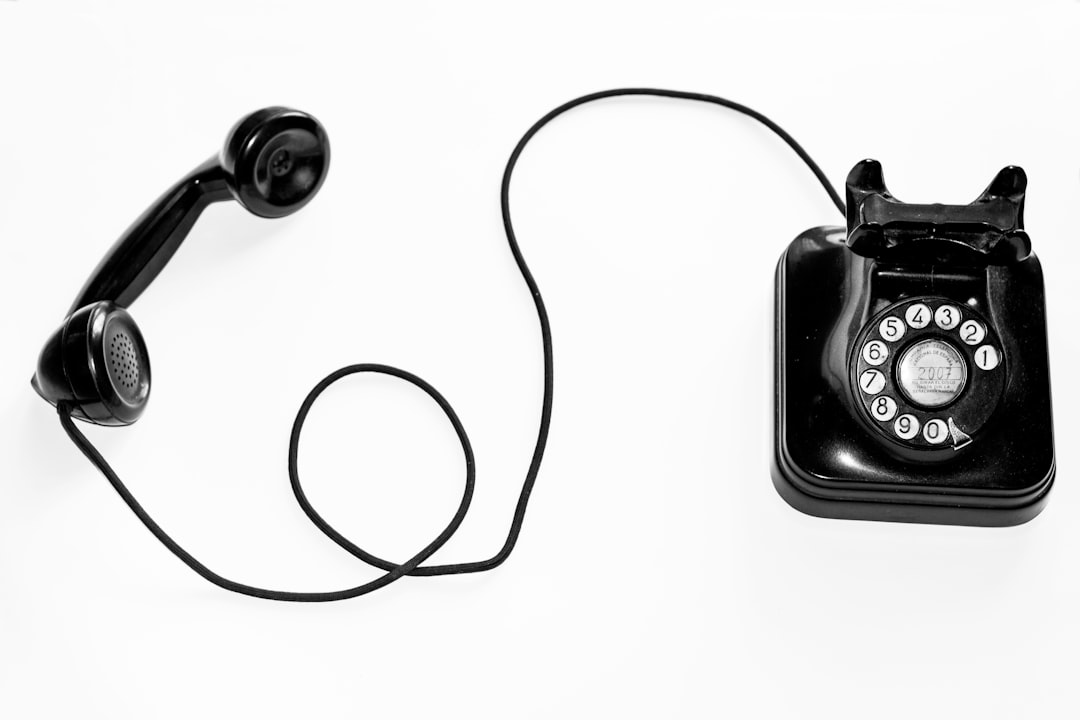
LD 2234 has significantly altered the dynamics of lawyer-client communication in Maine. The law’s strict enforcement of “Do Not Call” policies for law firms and lawyers means that legal professionals must now navigate a landscape where unsolicited contact with potential clients is heavily regulated. This shift requires attorneys to be more mindful of their outreach strategies, ensuring they comply with the state’s Do Not Call laws to avoid penalties and maintain client trust.
The impact extends beyond simple compliance. The law encourages a more targeted and meaningful approach to client acquisition, pushing law firms to invest in robust lead generation methods that respect consumer privacy. With the rise of technology-driven marketing, lawyers must also be vigilant about how they use data and digital platforms to connect with clients, ensuring transparency and consent remain at the forefront of their communication strategies. This change fosters a more professional and respectful relationship between attorneys and prospective clients, aligning with the principles behind Maine’s Do Not Call laws.

